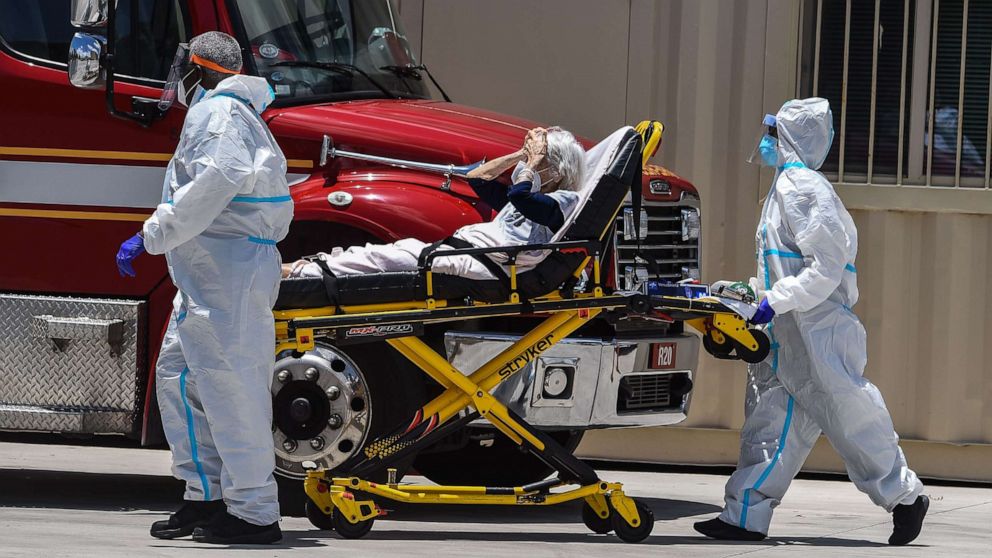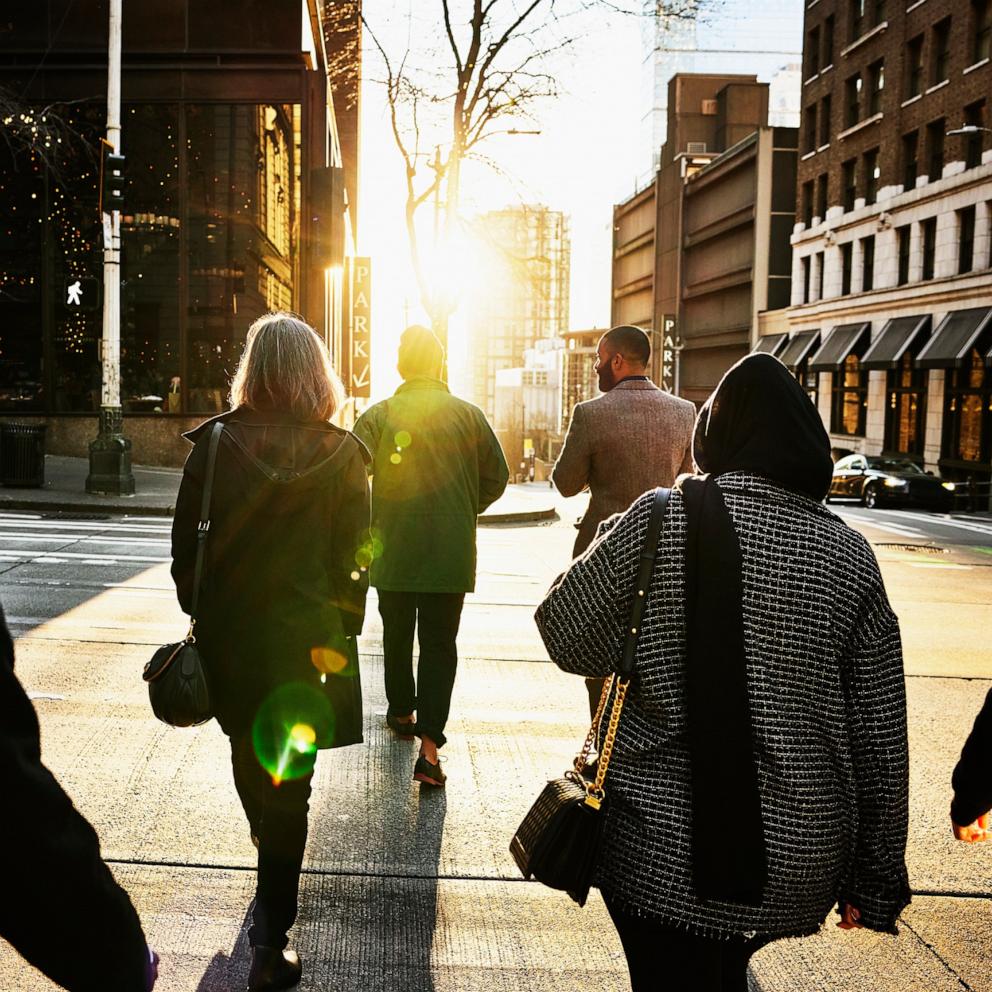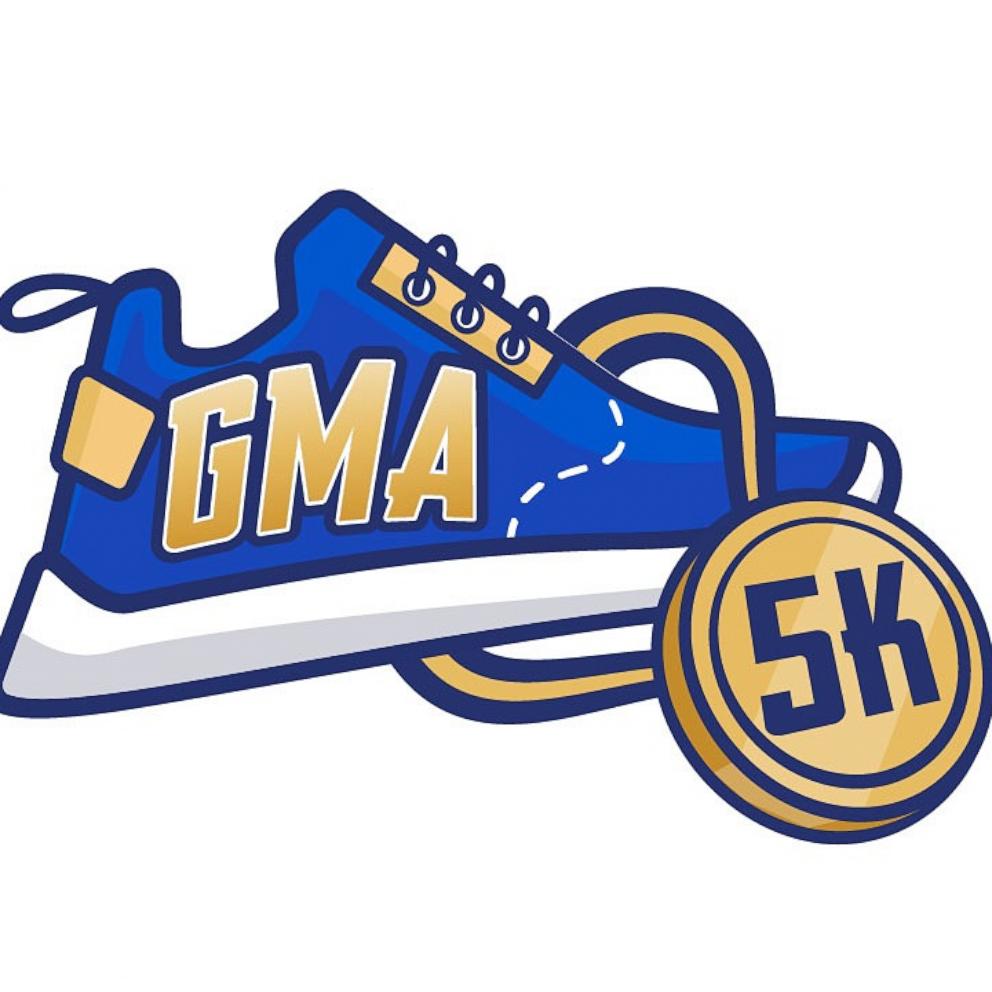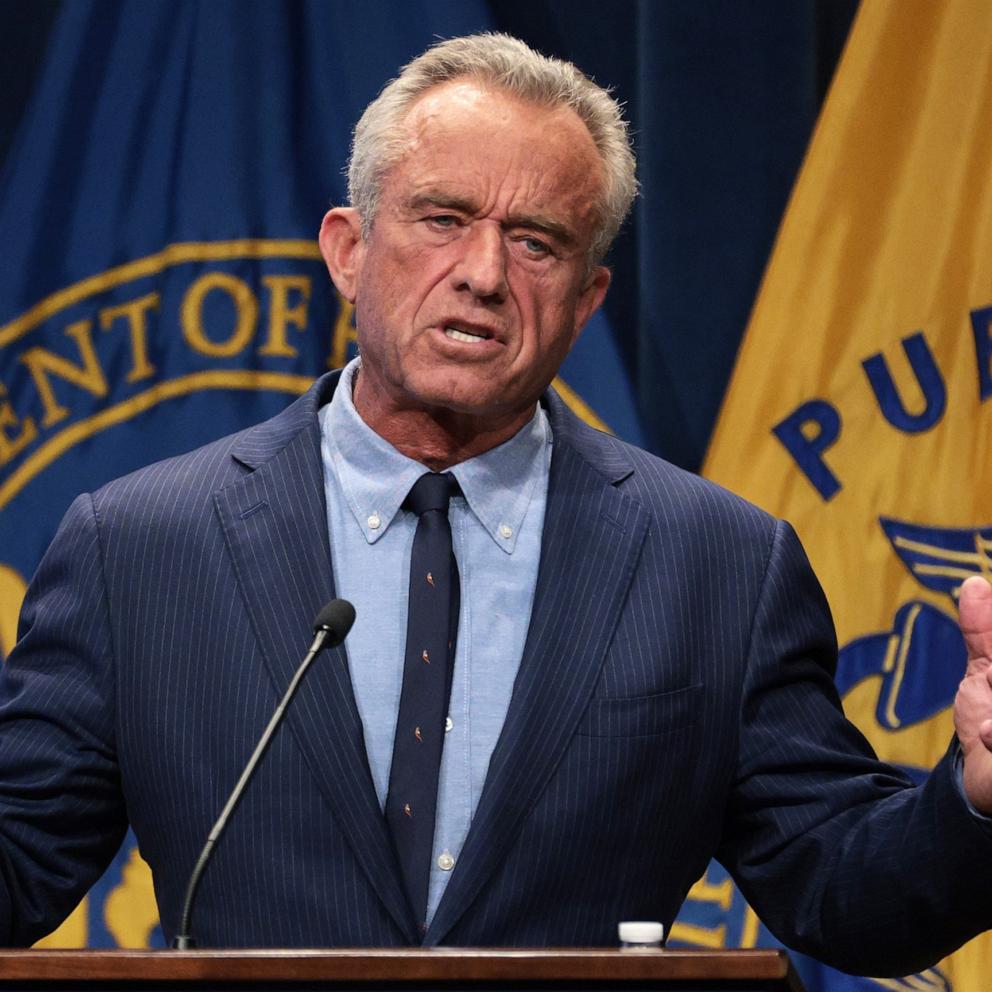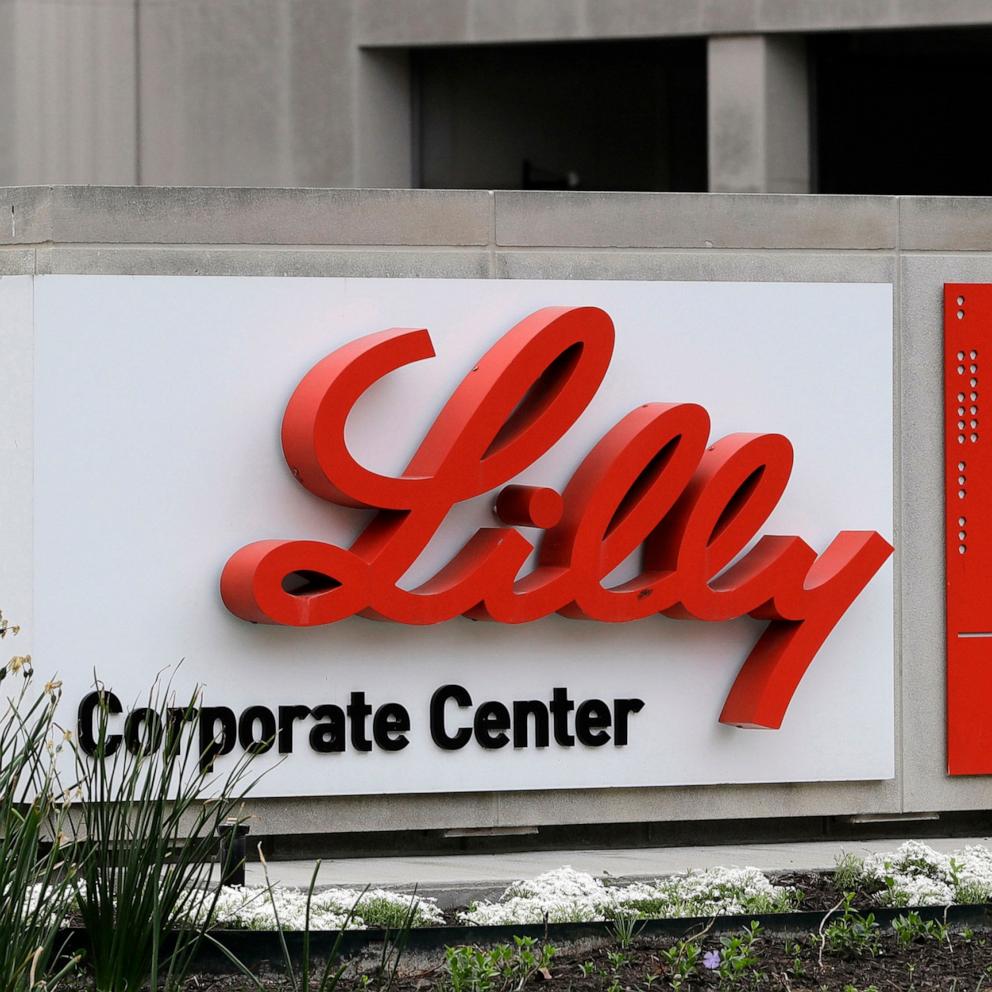COVID-19 continues resurgence across US through July as mask mandates begin in hardest-hit states
July turned out to be another deadly month for the U.S. as hundreds of thousands of people contracted the novel coronavirus.
There were 1,882,692 new cases diagnosed throughout the month and 25,259 new COVID-19 deaths, according to data from Johns Hopkins University. In total, over 4.5 million Americans have contracted the virus and 152,000 have died since July 31.
The jump in infections took place in almost every state across the country, but the biggest rises were in Texas and Florida.
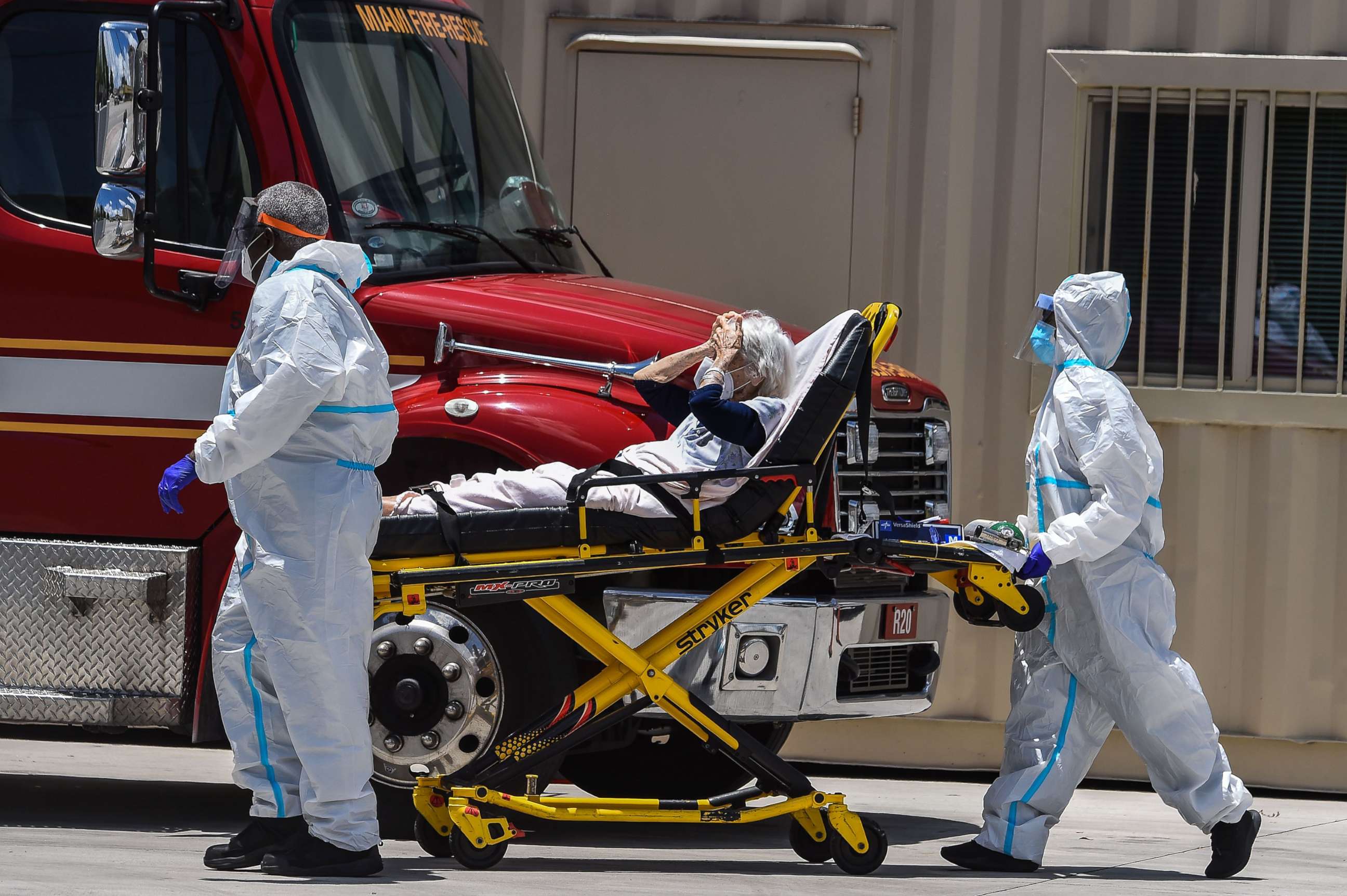
Florida's seven-day average for newly reported cases jumped from 7,140 on July 1 to 9,725 on July 31, according to the state's Health Department. On July 12, the state shattered the U.S. record of new cases with 15,000 reported that day. The state saw 3,300 COVID-19 deaths in July, according to the health data.
Texas' seven-day average for new cases went from 6,020 to 7,806 from July 1 to July 31, according to Texas' Health Department. The state recorded 3,569 new deaths in July.
Texas and Florida, which were one of the first to reopen to the public, surpassed New York in the number of cases by the end of the month and had over 418,000 cases, according to health data.
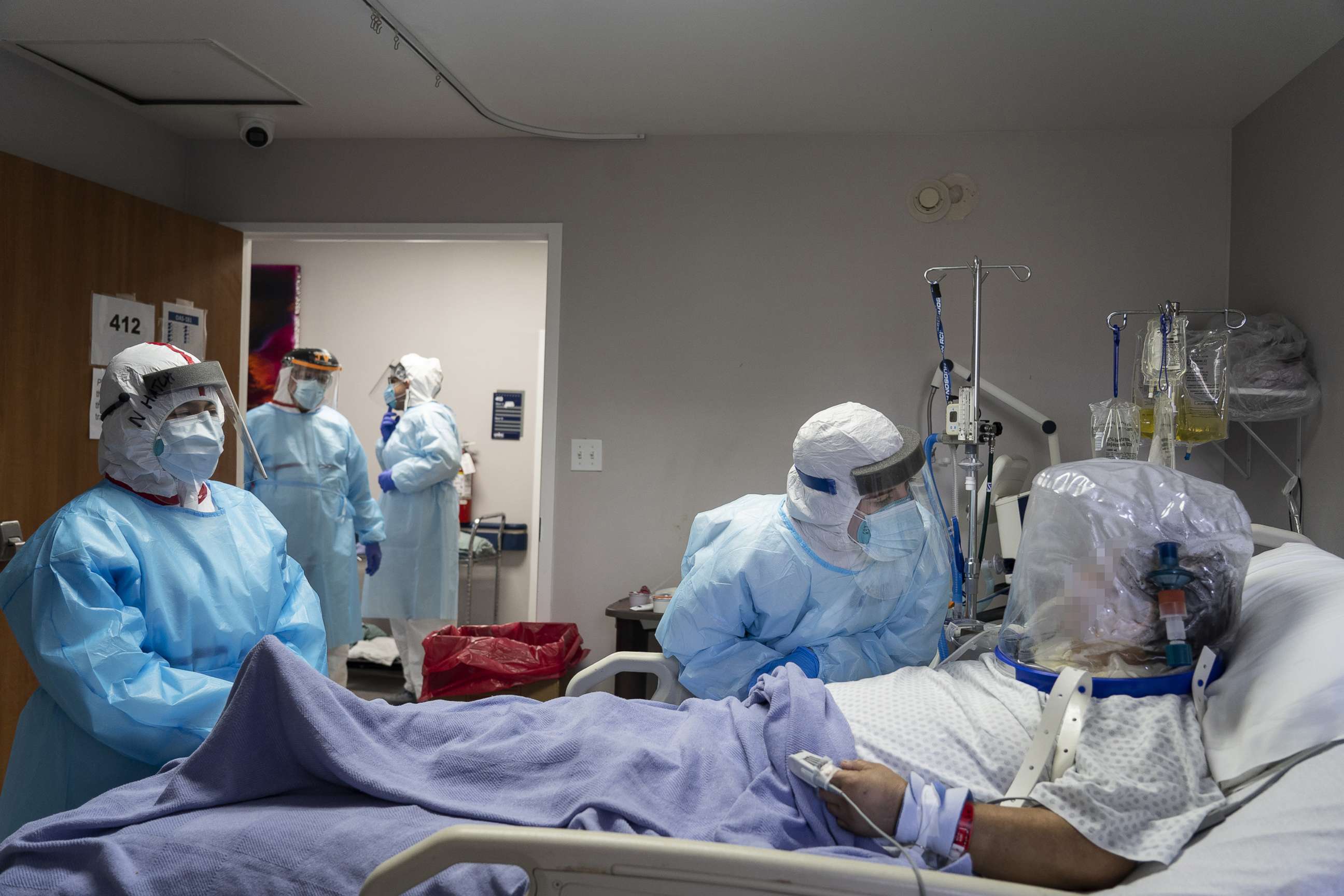
California, which had stricter COVID-19 precautions, also overtook New York's numbers with nearly 260,100 newly reported cases in July, according to the state's health data. The state recorded over 3,000 new deaths last month.
With the cases rising, and hospitals reaching the breaking point, state leaders made an about-face with their health policies.
California Gov. Gavin Newsom rolled back the state's reopening of indoor businesses, including restaurants, bars, gyms and movie theaters at the beginning of the month. After weeks of pleas from local leaders in Texas, Gov. Greg Abbott mandated face masks for the entire state, joining other states like Alabama.
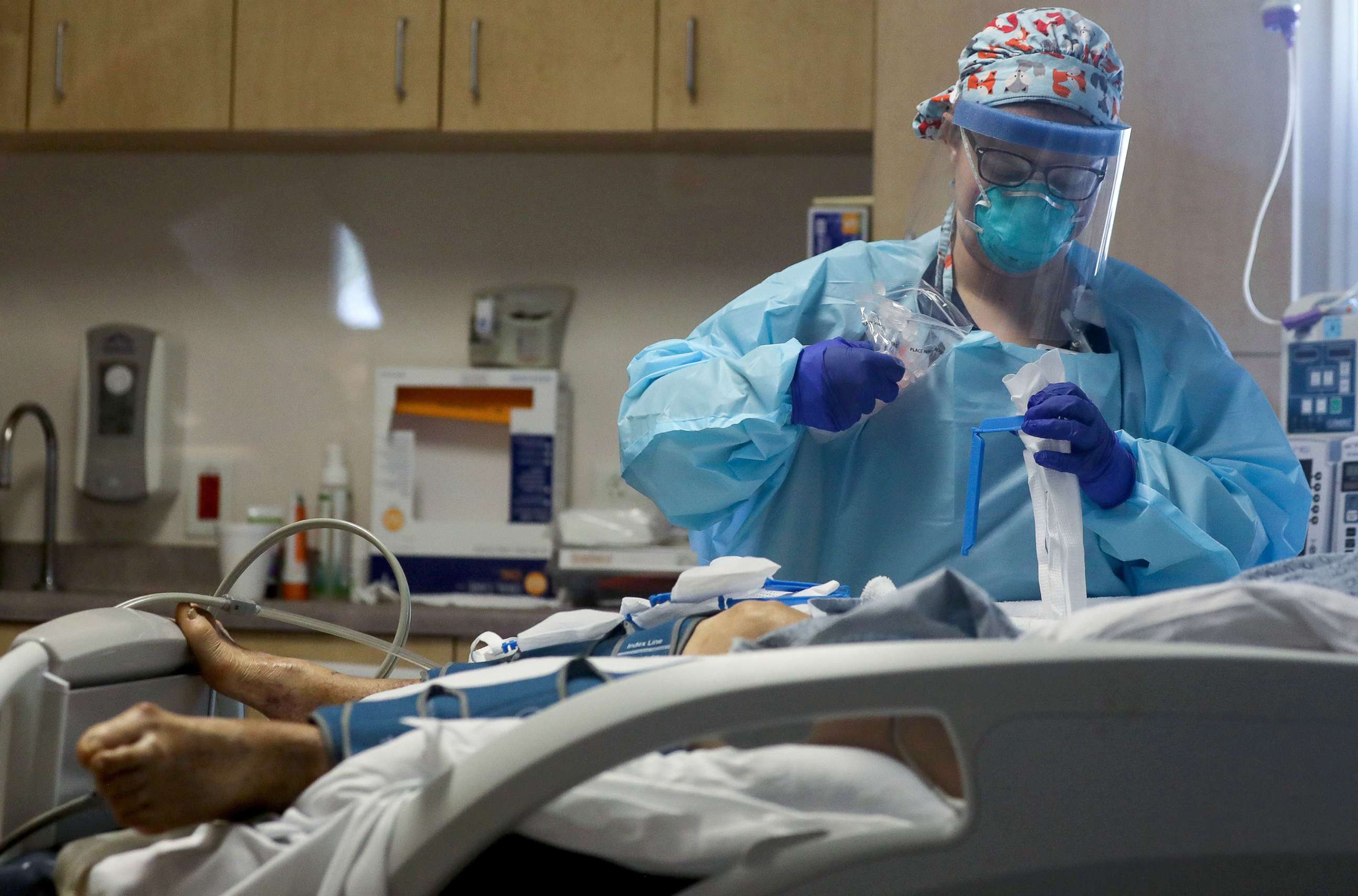
While cities in Florida were allowed to institute mask policies and roll back their reopenings to turn the tide, Gov. Ron DeSantis did not issue a statewide order that called for those options. In Georgia, Gov. Brian Kemp attempted to sue Atlanta Mayor Keisha Lance Bottoms over her city's mask mandate, but it was dropped later in the month.
Dr. Shan Soe-Lin, the director at the nonprofit Ferro's Global Health Advisors, told ABC News there is enough evidence both locally and internationally to show that masks help control the spread of the virus.
"Montgomery, Alabama … was going through a really big surge earlier in June. They put mandatory mask policies and I've seen their curves started to flatten," she said.
Despite proven science, the White House has refused to issue a mandatory, nationwide mask policy. President Trump did not wear a mask in public until July 11, when he visited Walter Reed Hospital.
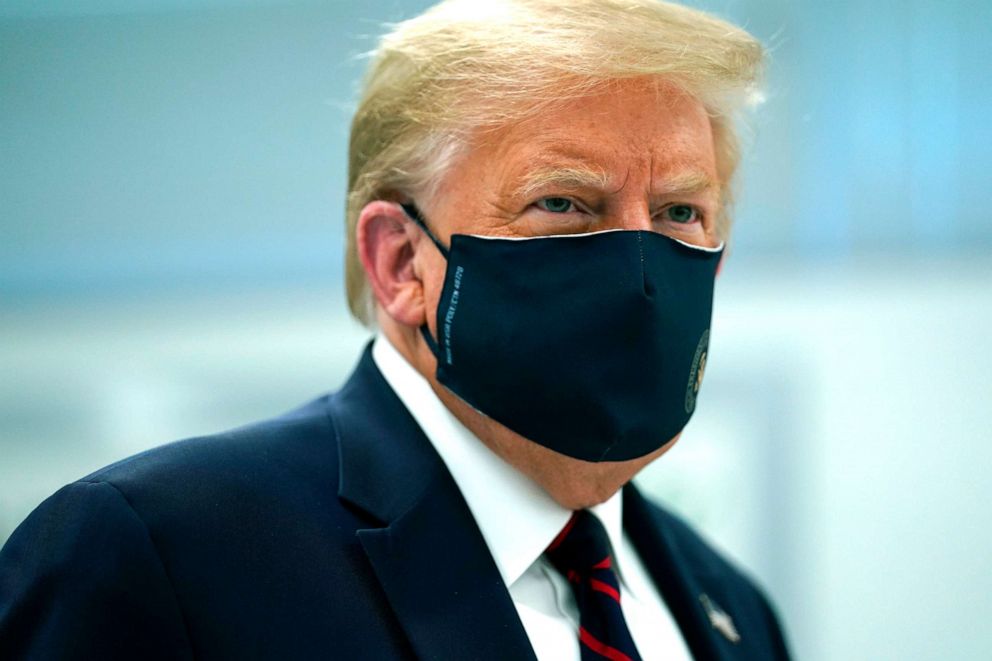
Ten days later, he made his first coronavirus-related news conference since April and admitted the pandemic would get "worse before it gets better," a far cry from when he boasted the pandemic would be gone by the summer during briefings in the winter and spring. A week later he retweeted claims from a controversial doctor that contained hydroxychloroquine misinformation and asserted, without any evidence, that parts of the country were "corona-free."
Coronavirus's impact on the economy also took a turn for the worst.
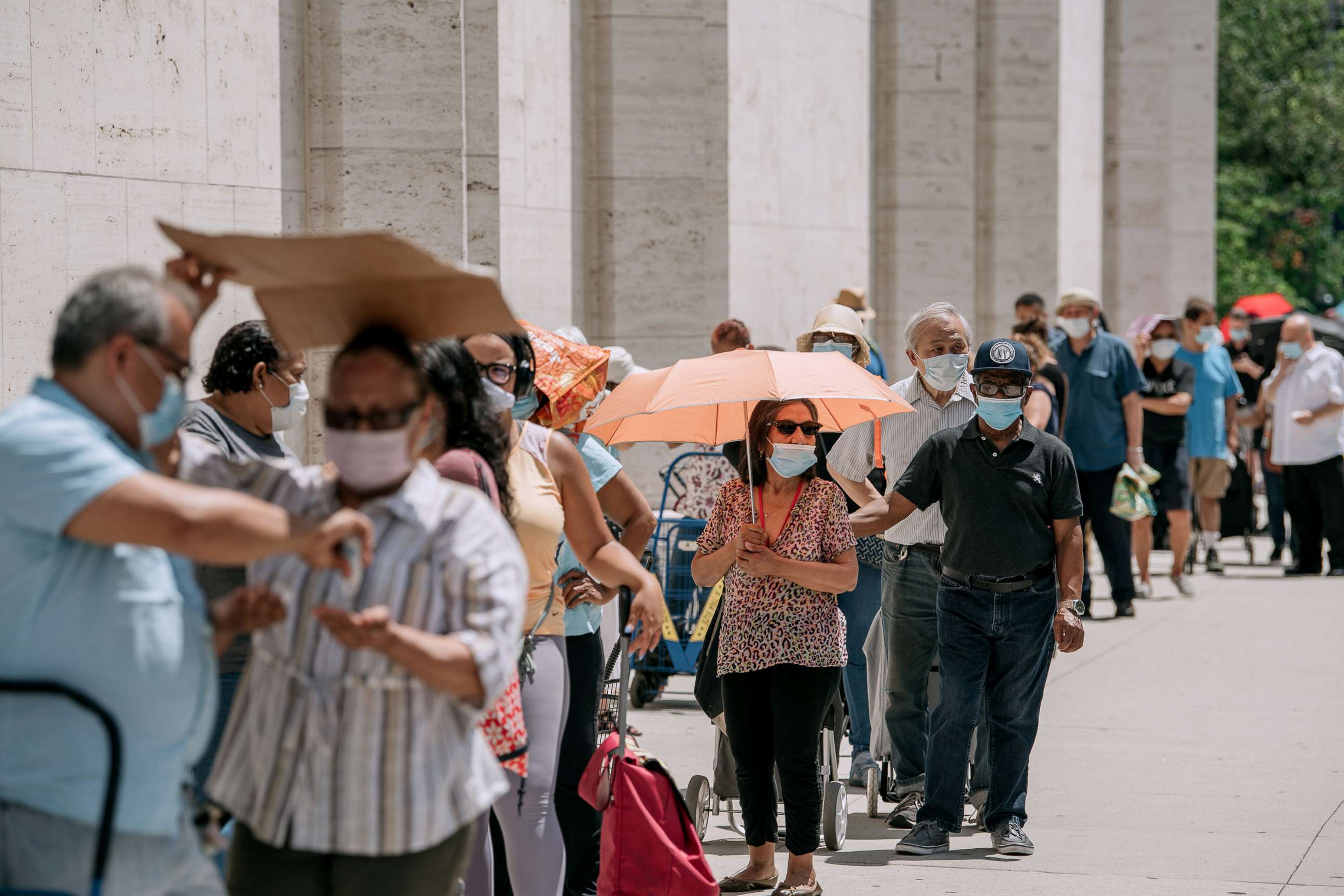
At the end of the month, the U.S. recorded a 32.9% decline in GDP during the third quarter of the year, marking the worst loss in productivity in decades. A combined 5.6 million Americans filed for unemployment during the month, as several businesses shuttered throughout the country.
Unemployment benefits for those Americans expired on July 31 after Congress failed to reach an agreement over an extension on The CARES Act in time, but negotiations have continued into August.
One business sector that did see a comeback last month was sports.
Major League Baseball began its reduced season on July 24, with special guest Dr. Anthony Fauci who threw the first pitch at the Washington Nationals' home opener against the Yankees. Less than a week later, several games were canceled after more than 15 Miami Marlins players tested positive for the coronavirus.
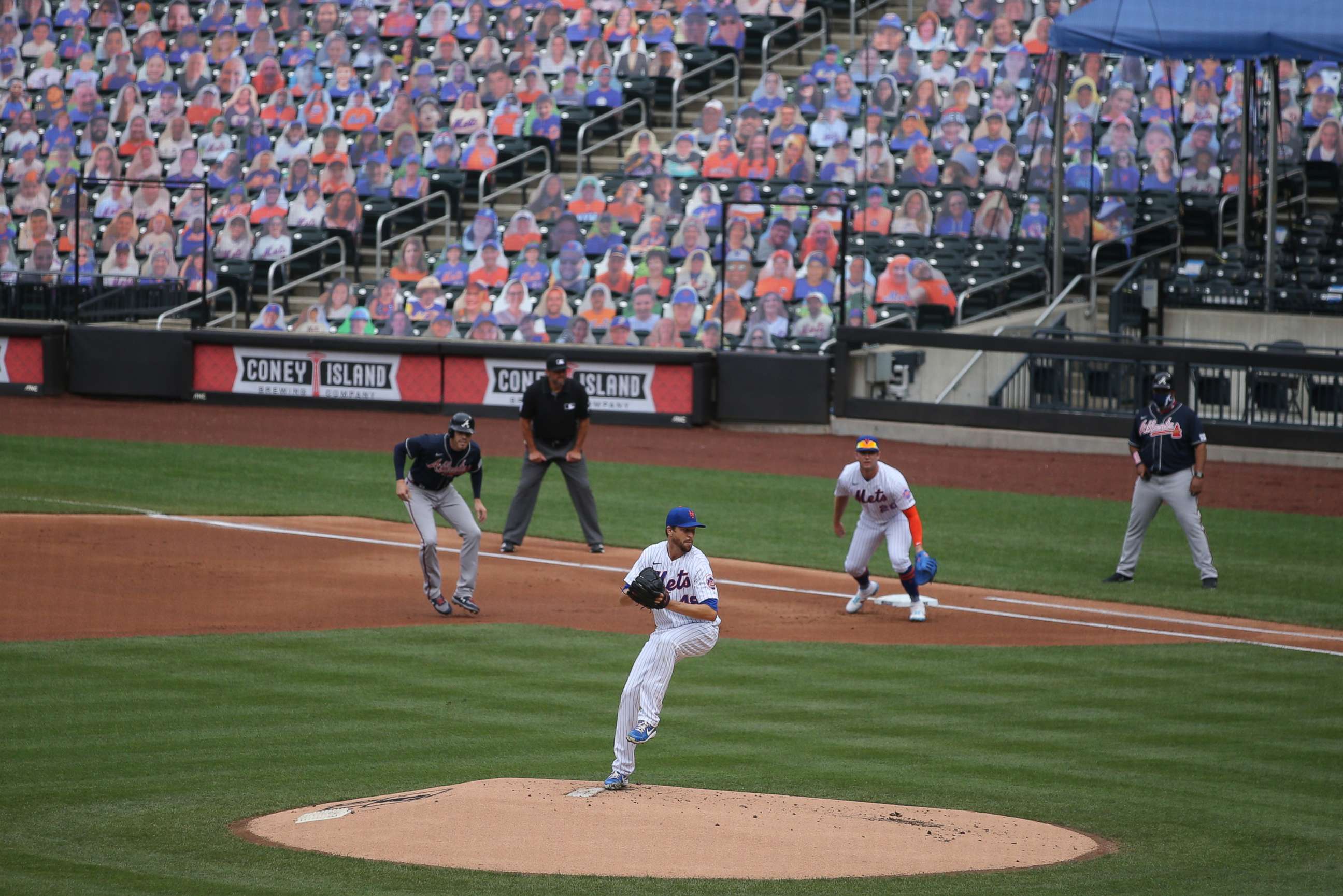
The NBA also restarted its season on July 30 with players living and competing in Orlando.
While the athletes began their adjusted schedules, a heated debate also took place across the country over the upcoming school year. Trump and several leaders have pushed to reopen classrooms despite major warnings from health officials and educators that it would put children, parents and teachers at a greater risk.
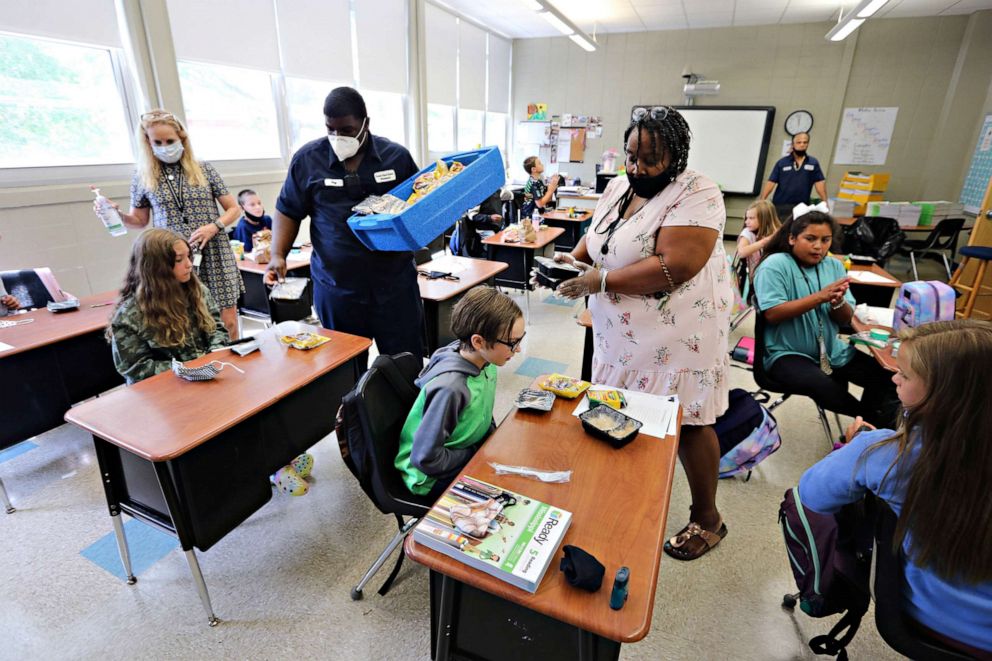
Soe-Lin said the only way to move forward and prevent more deaths is if there was a national policy that emphasized science-backed strategies like masks.
"We're just too busy fighting each other," she said. "And when you're too busy fighting each other … that's when COVID's just sweeping on by."
What to know about Coronavirus:
- How it started and how to protect yourself: Coronavirus explained
- What to do if you have symptoms: Coronavirus symptoms
- Tracking the spread in the US and Worldwide: Coronavirus map
